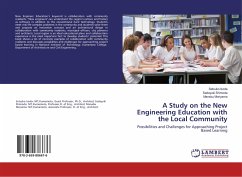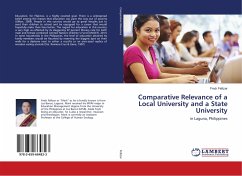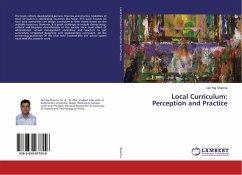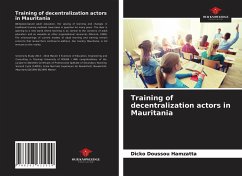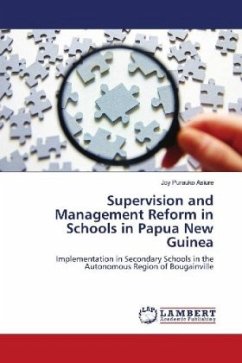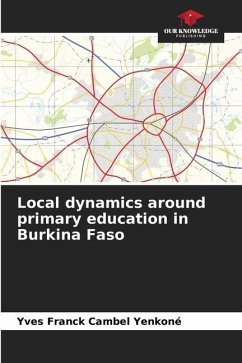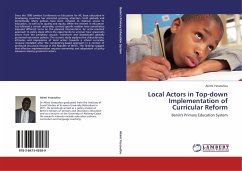
Local Actors in Top-down Implementation of Curricular Reform
Benin's Primary Education System
Versandkostenfrei!
Versandfertig in 6-10 Tagen
52,99 €
inkl. MwSt.

PAYBACK Punkte
26 °P sammeln!
Since the 1990 Jomtien Conference on Education for All, basic education in developing countries has attracted growing attention, both globally and domestically. Many policies have been initiated to improve access to education, as well as its quality and equity. While the interest in education has followed a certain rationality, context-specific realities have nonetheless imposed different turns on the planned interventions. An actor-oriented approach to policy study offers the opportunity to uncover how grassroots actors from the periphery unpack, transform and domesticate globally promoted ed...
Since the 1990 Jomtien Conference on Education for All, basic education in developing countries has attracted growing attention, both globally and domestically. Many policies have been initiated to improve access to education, as well as its quality and equity. While the interest in education has followed a certain rationality, context-specific realities have nonetheless imposed different turns on the planned interventions. An actor-oriented approach to policy study offers the opportunity to uncover how grassroots actors from the periphery unpack, transform and domesticate globally promoted education policies. The current study explores the characteristics, attitudes and impressions of local actors towards a school curricular renewal modelled after the competency-based approach in a context of profound structural change in the Republic of Benin. The findings suggest that effective implementation requires ownership and adaptation of policy measures among grassroots actors.



